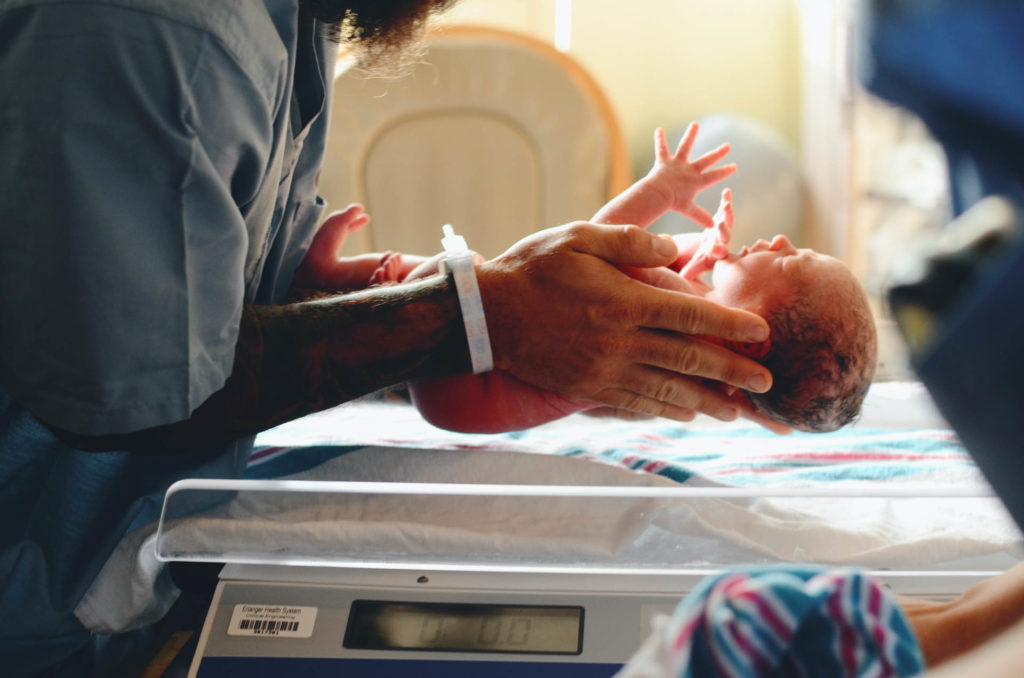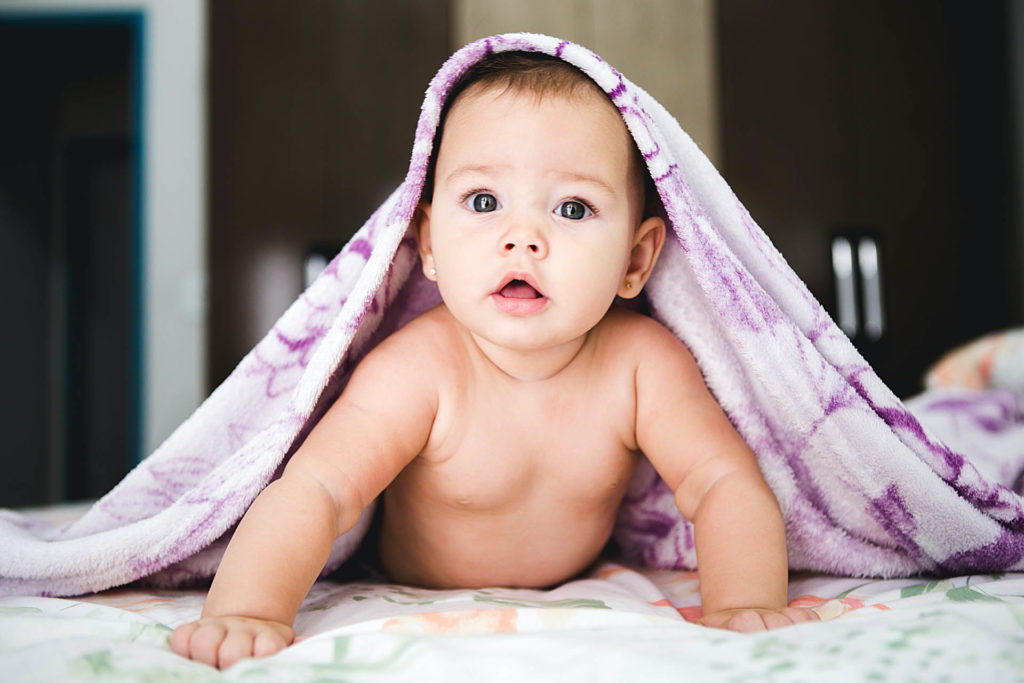
You might be interested to discover that our microbiomes start out as being kind of genetic. As we wiggle around and grow inside the womb, we are rather sterile without any gut bacteria to speak of. However, the moment we emerge into the big, bad world we get our first “dose” of microbes from our mother. (2)
The concept has been, don’t drink, don’t smoke or take drugs while you’re pregnant. However an additional item that needs to be taken into account now is “don’t eat foods with chemicals, deep fried foods or junk food when you are pregnant.”
Researchers at Ohio State University have recently discovered that microscopic organisms in the gut can actually influence your toddler’s demeanor, behavior, and temperament in a way that is totally not microscopic. This includes mood, sociability, impulsivity, curiosity, and extroversion. They were able to arrive at this conclusion after closely testing and studying stool samples of 77 kids between the ages of 18 and 27 months. Needless to say, a lot of fresh air was needed after such comprehensive poop studies. (1)
What you put in your system will affect your newborn
Microbiomes
The bacteria (microbes) in our gut are otherwise known as our microbiomes – our own diverse ecosystem which exists inside of us. Microbiomes have a huge impact on our everyday lives, and a growing body of evidence suggests that a robust and diverse microbiome is directly correlated with overall health, stability, and athletic ability. (1)
The daily ingestion of “bad foods” foods chemically processed, cooked incorrectly and the nutrient deficient junk food not only causes toddlers to behave bad, but also adults. The chemicals in our food today, like antifreeze, bleach, rocket fluid, etc. causes irrational behavior, headaches, mood swings, panic attacks, depression and illnesses like diabetes, heart attacks and strokes to name a few.
“Babies that are delivered vaginally are covered in a film of microbes as they pass through the birth canal. Included in the mix are bacteria that help babies digest their first meal. Babies delivered by caesarean section are colonized mainly by skin microbes – a very different set of species” (2).
After birth, babies pick up microbes from both family members and their surroundings. The older we get, the more we’ve picked up.

So How Do Microbiomes Affect Behavior?
The little microorganisms that swim around our intestines not only help with digestion, they also help to regulate our “feel good” hormones serotonin and dopamine – along with other mood-regulating hormones (namely gamma-aminobutyric acid, aka GABA). (1) There is also mounting evidence that suggests our microbiomes can influence neural development, brain chemistry, and a huge range of different behaviors, including emotional behavior, pain perception, and stress. (3)
Give your child a fair chance and eat right, eat only food
Variations from the ‘normal’ microbiome have been positively correlated to issues such as chemical imbalances, anxiety, hyperactivity, depression, and even autism. Research from Ohio State University focuses on how these mood-regulating chemicals get from the gut to the brain (or vice versa), and furthermore, how such processes could potentially be affecting behaviors in children. (1)
“Tweaking the balance between beneficial and disease-causing bacteria in an animal’s gut can alter its brain chemistry and lead it to become either bolder or more anxious. The brain can also exert a powerful influence on gut bacteria; as many studies have shown, even mild stress can tip the microbial balance in the gut, making the host more vulnerable to infectious disease and triggering a cascade of molecular reactions that feed back to the central nervous system.” (3)
In Conclusion
So is it safe to consider microbiomes could be linked to your toddler’s mood? Absolutely! Is there a dietary cure for these crazy toddler behaviors? Well, not quite yet. Should you be mindful of what you put in your mouth and read labels of all packaged foods you attempt to purchase? …Definitely.
Sources: https://healthyholisticliving.com/
1 https://www.sciencedirect.com/
2 https://learn.genetics.utah.edu
3 https://www.apa.org/
© Copyright – Hector Sectzer

















